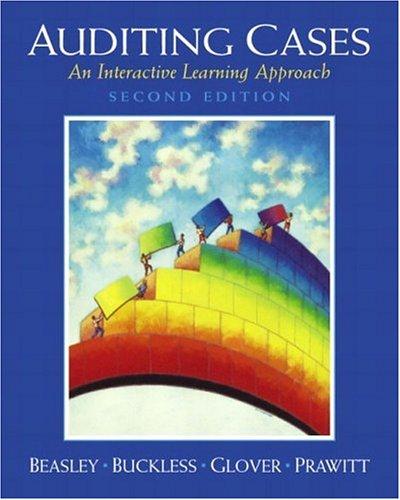Question
Robbie is 60 years old and grew up in Scotland. When he was small, he did not describe himself as lonely but more as alone.
Robbie is 60 years old and grew up in Scotland. When he was small, he did not describe himself as lonely but more as alone. He was often by his own company and he suffered from a lack of affection and open expression. During his teenage, he was afraid to get closer to people they would suspect his homosexuality which he would dread that his sexual orientation will not be tolerated. In the small town where he was living and considering the period, homosexuality was still considered as pathological and was criminalised, therefore he decided to move to a big city. He once went to therapy during his twenties because he was feeling low, but according to him, it was not helpful and the therapist he met aimed to change his sexuality orientation for his well-being. He found comfort by finding friends and a long-term relationship in the homosexual community, these matches contributed to his self-acceptance. Robbie describes his major mental distress as loneliness. His long-term relationship partner passed away and since, he became more and more isolated, and was reinforced by his retirement from a high technical job. His job was considerably important for him because it distracted himself; he mentioned that without it, he would have kill himself. His partner was bringing him a lot of affection and now he misses to wake-up with somebody. Now that he is living in a small town again, he finds it difficult to meet friends and partners of his community because it seems that there are no places for that type of meetings. He also feels preoccupied that he will not find a partner because of his age. Loneliness seems to have been a serious issue during his life and still now, and to arouse strong emotions.
| Strengths Assessment / Wellness Plan Worksheet | |||
| For: | Date: | ||
| Current Strengths: What are my current strengths? (i.e., talents, skills, personal and environmental strengths) | Future Hopes, Goals & Aspirations:What are my best hopes for the future? What is my ideal vision for the future? | Previous Experiences, Resources - Personal and Social: What have I achieved in the past? Who has helped in the past? | |
Home & Daily Living Activities / Local Amenities / Comfort & Security | |||
Money Matters - income, savings, property, security, budgeting | |||
Employment /Education / Specialized Knowledge and Skills / Volunteering | |||
Family / Significant and Supportive Relationships / Community Participation | |||
Wellness / Health / Well-being / Flourishing | |||
Leisure / Recreational / Having Fun / Relaxation | |||
Spirituality /Values / Culture / Meaning | |||
| What would I like to work on first? | |||
| 1. | 2. | ||
| 3. | 4. | ||
Additional comments or important things to know about me: I want to try to help other people, family | |||
| This is an accurate portrait of the strengths we have identified so far in my life. We will continue to add to these over time in order to help me achieve the goals that are most important to me in my recovery journey. MySignature Date | I agree to help this person use the strengths identified to achieve goals that are important and meaningful in their life. I will continue to help this person identify additional strengths as I learn more about what is important to their recovery. ServiceProvider'sSignature Date |
Step by Step Solution
There are 3 Steps involved in it
Step: 1

Get Instant Access with AI-Powered Solutions
See step-by-step solutions with expert insights and AI powered tools for academic success
Step: 2

Step: 3

Ace Your Homework with AI
Get the answers you need in no time with our AI-driven, step-by-step assistance
Get Started


